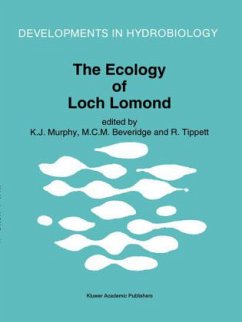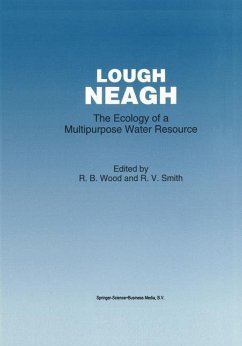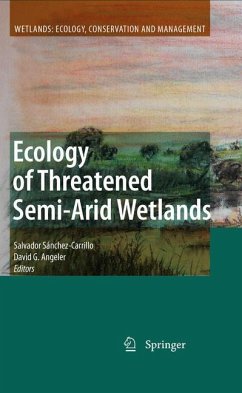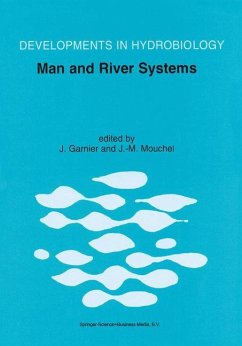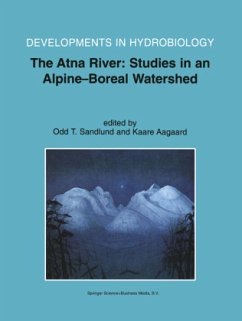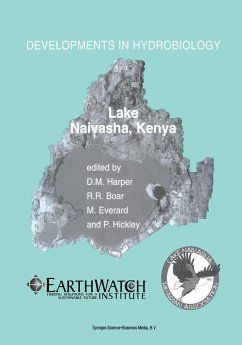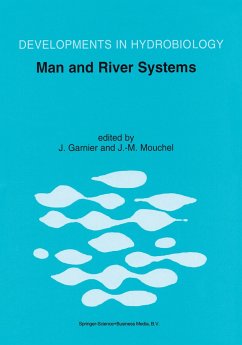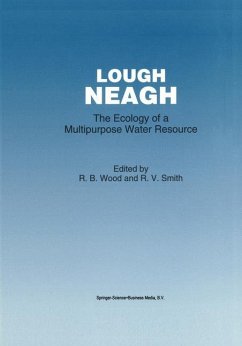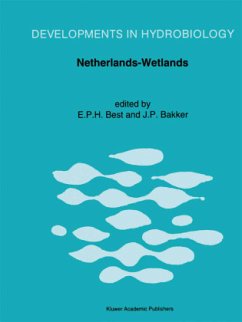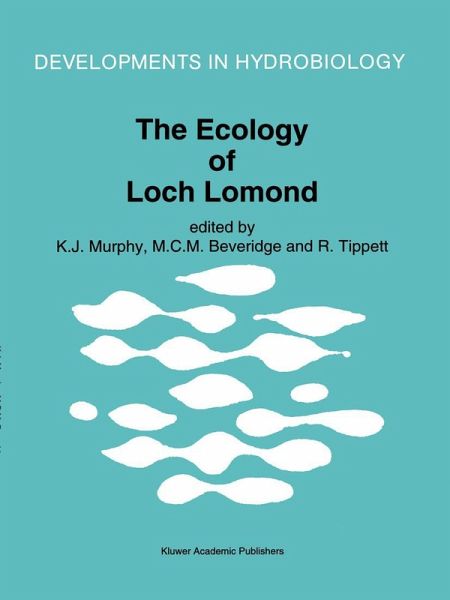
The Ecology of Loch Lomond

PAYBACK Punkte
38 °P sammeln!
Loch Lomond has long held a special place in the hearts of all the people of Scotland not only for its historic significance but also for the beauty of its countryside. Less widely known is the ecological importance of the area. It is the largest stretch of freshwater in Britain and the only loch to be crossed by the Highland Boundary Fault, one of the country's most important geological features. The University of Glasgow has recognized the importance of this loch situated so near the main campus and has operated a field station on its shores since 1948. In the mid-1960s the field station wa...
Loch Lomond has long held a special place in the hearts of all the people of Scotland not only for its historic significance but also for the beauty of its countryside. Less widely known is the ecological importance of the area. It is the largest stretch of freshwater in Britain and the only loch to be crossed by the Highland Boundary Fault, one of the country's most important geological features.
The University of Glasgow has recognized the importance of this loch situated so near the main campus and has operated a field station on its shores since 1948. In the mid-1960s the field station was re-established at Rowardennan as an all-year-round facility with laboratory and living accommodation for resident research workers and visiting field courses. In 1992 a symposium was held to celebrate the 25th anniversary of the opening of the new station and this volume presents the proceedings of that symposium and gives the state of the present knowledge of Loch Lomond. After an introduction to Loch Lomond, the papers are divided into three sections. Section I: The physical and chemical environment of Loch Lomond and its catchment. Section II: The biology and ecology of Loch Lomond and its catchment, and Section III: Issues affecting Loch Lomond and its catchment.
The University of Glasgow has recognized the importance of this loch situated so near the main campus and has operated a field station on its shores since 1948. In the mid-1960s the field station was re-established at Rowardennan as an all-year-round facility with laboratory and living accommodation for resident research workers and visiting field courses. In 1992 a symposium was held to celebrate the 25th anniversary of the opening of the new station and this volume presents the proceedings of that symposium and gives the state of the present knowledge of Loch Lomond. After an introduction to Loch Lomond, the papers are divided into three sections. Section I: The physical and chemical environment of Loch Lomond and its catchment. Section II: The biology and ecology of Loch Lomond and its catchment, and Section III: Issues affecting Loch Lomond and its catchment.



